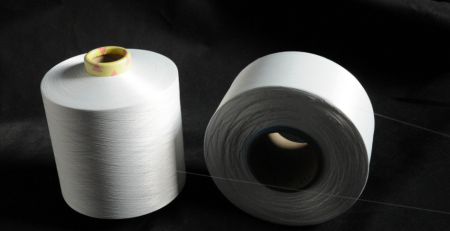THE BIGGEST WINNER FROM TPP TRADE DEAL MAY BE VIETNAM
Vietnam, whose low-wage economy relies on exports, is likely to be the biggest winner of the Trans-Pacific Partnership that slashes an estimated 18,000 tariffs among the dozen participating countries.
In a decade, the country’s gross domestic product will be boosted 11 percent, or $36 billion, as a result of the world’s largest trade pact. Exports may soar 28 percent in the period as companies move factories to the Southeast Asian country. Here’s what analysts and economists say about Vietnam’s economic prospects and challenges under the deal.
How is Vietnam an important player in the accord?
Vietnam is a significant player in President Barack Obama’s pivot to Asia. The economic and political relationship between the former enemies is now at its warmest, 40 years since the end of the war. Vietnam’s relationship with China, it’s largest trading partner, has been strained since its neighbor moved an oil rig off Vietnam’s coast last year. Both the U.S. and Vietnam would like to see the Southeast Asian nation less reliant on China, which is not a party to the trade accord.

Which sectors of Vietnam’s economy will gain most from TPP?
Reduced import duties in the U.S. and Japan will benefit the country’s apparel manufacturers, whose low labor costs have enabled them to grab business from China. Vietnam may have a 50 percent increase in apparel and footwear exports in 10 years, according to the Eurasia Group. The country’s seafood industry will benefit from the elimination of import taxes on shrimp, squid and tuna, now averaging 6.4 percent-7.2 percent. Vietnam will still face strict rules-of-origin on materials, which could limit some of the treaty’s benefits to the garment and textile industry.
What does the trade deal mean for foreign companies in Vietnam?
The ending of tariffs for Vietnamese products is likely to trigger more investment from foreign companies. Companies such as Texhong Textile Group Ltd., Shenzhou International Group Holdings Ltd. and Pacific Textiles Holdings Ltd. are relocating operations to Vietnam to take advantage of the trade agreement.
What will this mean for investor sentiment in Vietnam?
The signing of the agreement is expected to give a short-term boost to the broader market. Vietnam’s benchmark stock index has risen 4.9 percent this week, with foreign investors snapping up logistics, industrial parks, fisheries and garments. Foreign investors have bought $41.8 million of Vietnamese stocks this week, poised to be net buyers after selling Vietnamese stocks earlier in the month. More FDI is expected into these sectors.
Which sectors in Vietnam are vulnerable under the trade pact?
Vietnam’s agricultural industry, particularly livestock, are expected to struggle to compete against global companies that have economies of scale and operate more efficiently. Eliminating import taxes on pharmaceutical products from the current average of about 2.5 percent will lead to tougher competition between Vietnamese and foreign companies. TPP will also increase patent protection, restricting Vietnam companies access to new products as well their ability to produce new drugs.
Will this have an effect on government economic policy?
Vietnam’s Prime Minister Nguyen Tan Dung has called for a restructuring of the country’s agriculture sector to help it compete with multinationals. The pact is also pressuring Vietnam to reform state-owned companies and make institutional changes.
What are the risks for Vietnam if the accord fails?
The agreement still needs to be passed by the governments of the 12 nations. The failure of TPP would undercut those in Vietnam advocating closer ties to the U.S. and dent America’s influence in the region. Vietnam, which successfully negotiated trade deals with the European Union and South Korea earlier this year, is aggressively seeking economic partners to balance its relationship with China. The failure of TPP would leave Vietnam more economically isolated and dependent on China.






